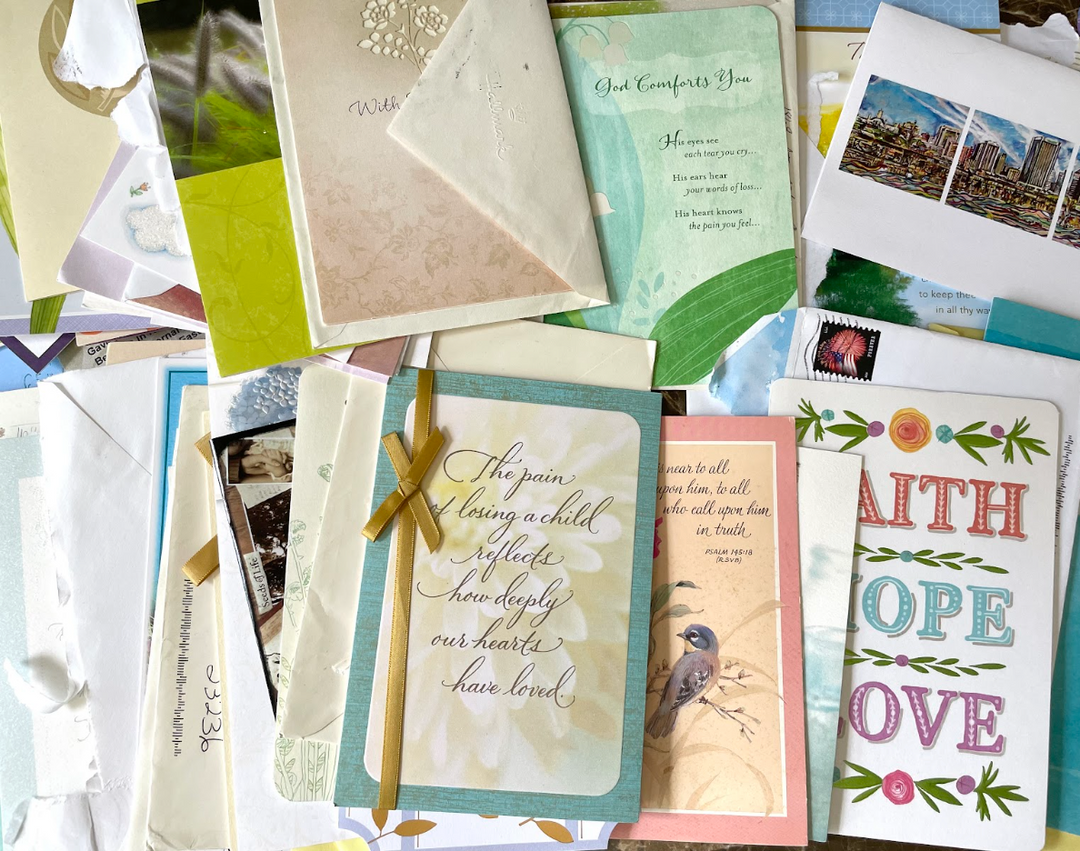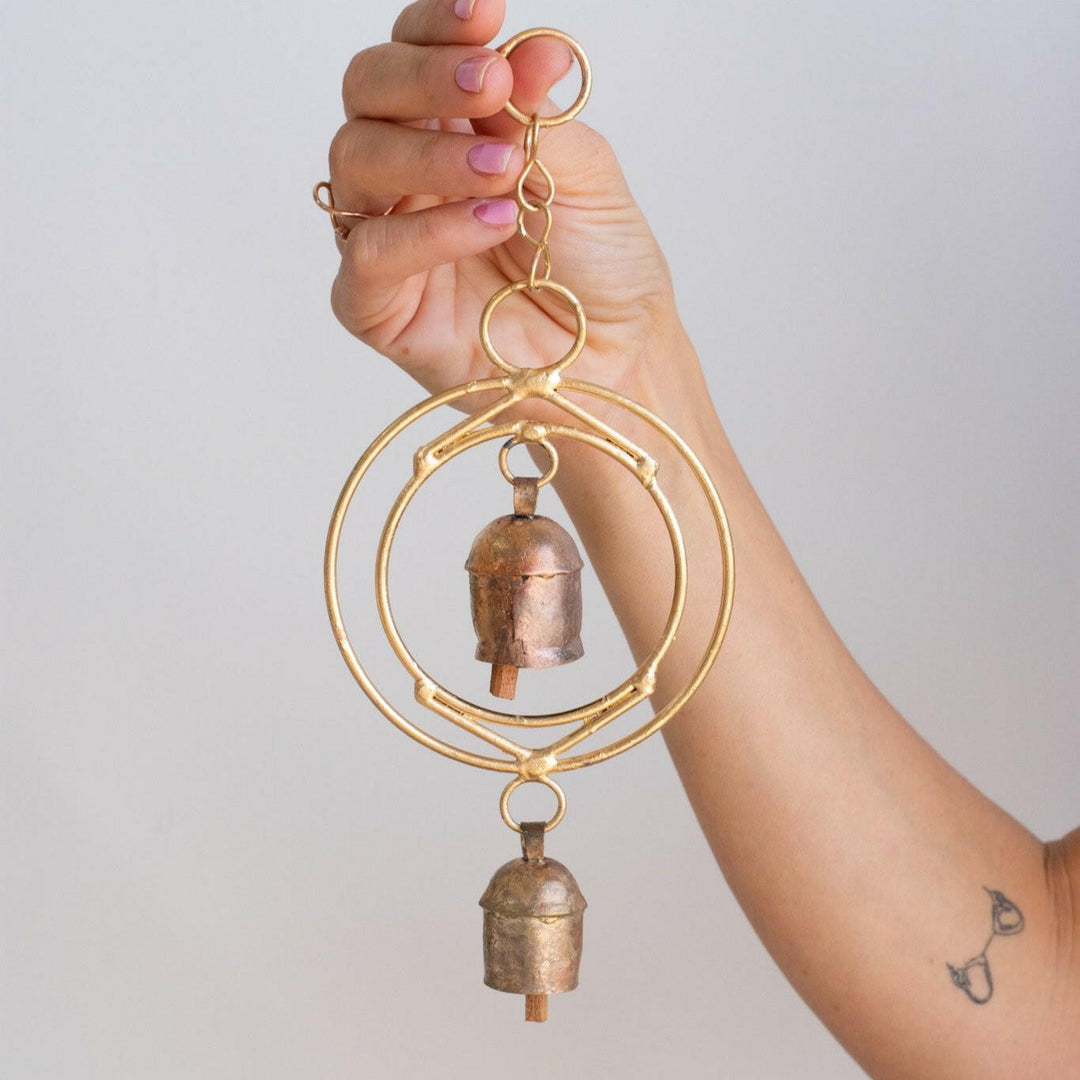
What to Say (and What Not to Say) When Giving a Sympathy Gift
Losing a loved one is an incredibly challenging and painful experience, and during such difficult times, offering condolences and support can provide immeasurable comfort to those who are grieving. Sympathy gifts, accompanied by thoughtful words, have the power to convey our deepest condolences and offer solace when mere words fall short. However, finding the right words to express sympathy can be a daunting task, as we strive to strike a delicate balance between offering genuine support and avoiding unintentional insensitivity.
So, let’s talk about what to say (and what not to say) when giving a sympathy gift. We will delve into the art of crafting heartfelt sympathy card messages, ensuring that our words offer solace, comfort, and understanding to those who are grieving. Additionally, we will discuss the importance of selecting appropriate sympathy gifts, aiming to provide comfort and support during the mourning process.
Understanding the Situation
First and foremost when giving a sympathy gift or note, it’s important to acknowledge the loss. Before I experienced grief personally, I didn’t understand how encouraging a card or gift can be as you grieve. I didn’t know what to say in a sympathy card, so I said nothing, rationalizing that a few clunky sentences from me wouldn’t really make a difference. It was only after I buried a loved one that I learned any acknowledgement brings an element of solace and comfort to the recipient. In a sympathy card, express sincere condolences and reference the deceased by name. You aren’t “bringing up a sad memory” by using their name; instead, you are ensuring their memory is not forgotten. It’s also imperative to be mindful of the grieving person’s cultural or religious background. Respect their traditions and customs. If you aren’t sure, a quick Google search can help. For example, it’s best to avoid bringing or sending flowers to a Jewish funeral or shiva. Instead, offer a practical gift like prepared food or maybe this Yahrzeit Memorial Candle. Consider the grieving family’s wishes and adapt your condolence message accordingly.
Sympathy cards can become cherished keepsakes. I still have the dozens of cards we received after losing our second son Cooper at full term.

What to Write in a Sympathy Card
As you express your heartfelt condolences for their loss, begin with a warm and empathetic greeting. Something as simple as, “Hey, Sweet Friend…” can show you are truly grieving with them. Offer support and understanding. “I can’t imagine what you are going through…” emphasizes the pain they are experiencing that is unique to them. If possible, share memories or qualities of the deceased. After my father unexpectedly passed away in 2021, a friend left me a voicemail that included a funny story of her interacting with my dad that I had completely forgotten about. I listened to that voicemail over and over, giggling and tearing up simultaneously. Highlight positive attributes you saw in them, or even you heard other people talk about, if you didn’t know the person. “You always talked so highly of your grandfather. I wish I had the opportunity to get to know him.” Share specific anecdotes to show the impact the deceased had on you. “I’ll never forget when your mom…” All of these personal stories can become cherished keepsakes for the grieving family. Provide words of comfort and encouragement or any wisdom you’ve gathered in this journey called life. After we lost our second son at full term, a distant acquaintance sent me a card that included the phrase “Grief isn’t linear. Grieve on your own timeline.” That piece of wisdom profoundly impacted me and I’ve shared it with others grieving. Leave out cliches or empty phrases. Usually if it begins with “At least…” it’s probably best to skip. Finally, offer practical help or assistance. Consider what the deceased generally did for the family and offer to help in that area. That could mean bringing a meal over and leaving it on the porch, offering lawn care, or even paying for a cleaning service. Don’t wait for the grieving person to ask for help, take the initiative to say you’ll help in a certain area, no strings attached. Then follow through!
After my father unexpectedly passed away a few years ago, friends shared personal stories of their interactions with him. The specific anecdotes encouraged me and made me smile during a difficult time. Don’t hesitate to share stories in sympathy cards or notes!

What Not to Write in a Sympathy Card
Raise your hand if you’ve ever been at a low point and someone said the wrong thing to you. Now raise your hand and admit if you’ve ever cringed thinking back to something you told to someone going through a hard season. We probably all raised our hands twice. Avoid clichés and platitudes when offering condolences to someone grieving. “There’s always a silver lining to things like this,” might be true, but not necessarily helpful at the moment. Steer clear of generic phrases like “It gets easier,” or “Time heals all wounds.” I agree those are true statements, but again, not helpful to a widow grieving her high school sweetheart. Use genuine, personalized language like “I’m sorry you lost Hank. He was so special and loved you so much. I’m here for you anytime, anyplace.” Be cautious with religious or spiritual references. Consider the person's beliefs before including religious sentiments. If you know the receiver would appreciate Scripture references, by all means include them! But otherwise offer a sympathy message of support without assuming you know their religious preferences. This is about them and showing love in their moment of need. Lastly, refrain from comparing losses or sharing personal experiences. Should I say it louder for the people in the back? You may in fact know what it feels like to lose a mother, brother, or child but don’t launch into a story about *your* loss. This is about them. It’s fine to say “I remember how lost I was in the days after my father’s funeral…” and then continue about their loss. That way, they know they can follow up if they do want to share experiences. Focus on their pain and loss and offer empathy rather than turning the conversion to yourself. This is a great video from Brene Brown about empathy vs sympathy. A must watch!
Choosing the Right Sympathy Gift
When choosing the right sympathy gift, consider the person's preferences and needs. Reflect on their personality and interests. If they love to garden, consider a garden stone, seed packs or garden gloves like these from Laurelbox. Choose a gift that provides comfort and support. Thoughtful and practical gift ideas could be flowers or plants. Farmgirl Flowers offers gorgeous sympathy arrangements or find a local florist in your city. Memorial or personalized items can take a gift to the next level. Read our last blog for a full explainer. This seems obvious but avoid insensitive or inappropriate gifts. Steer clear of anything offensive or hurtful and be mindful of the grieving person's emotional state. If someone just lost a spouse, don’t send them a subscription for a dating site. Use common sense, people!
Conclusion
To wrap up, remember the importance of empathy and sensitivity when it comes to sympathy cards and notes. Don’t skip saying something or reaching out just because you aren’t sure what to say in a sympathy card. Thoughtful words and gestures mean so much to someone grieving. Consider personalizing or customizing a gift to let the recipient know you are right there with them in grief and care about them. A final reminder, don’t be offended if you don’t hear back after sending a card or text or even a gift. The days and weeks following a death are a whirlwind of responsibilities and emotions. If weeks have gone by and you do want to confirm they received something, you can always say something like “I can’t imagine what these past weeks have been like for you. We sent (fill in the blank) to honor Lilly. If for some reason it didn’t arrive, let me know. Otherwise, we are here for you and grieving with you!” That way you let them know something was sent, but don’t expect anything in return.
LANNA BRITT
Lanna Britt was a national news producer in Washington DC for nearly a decade covering politics, breaking news and current events. She now lives with her husband and three children in Richmond VA. She has two sweet babies she’ll meet again in heaven.














